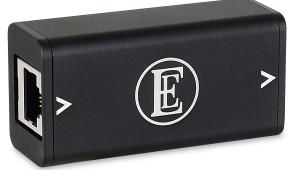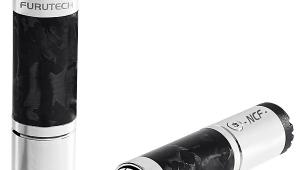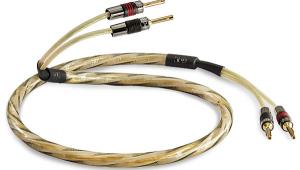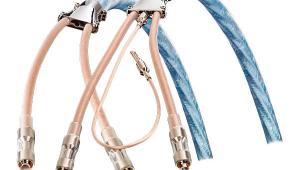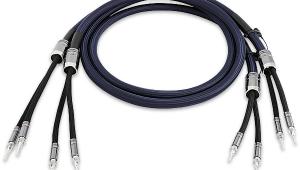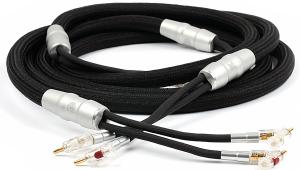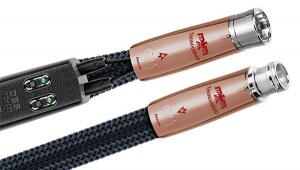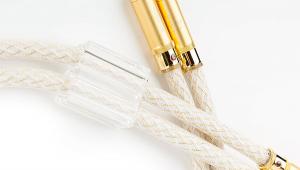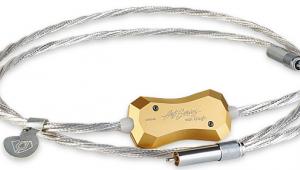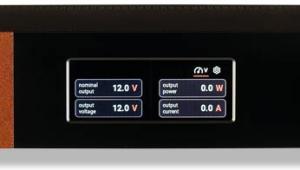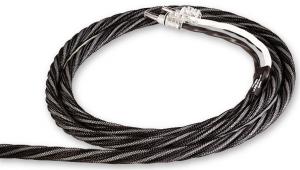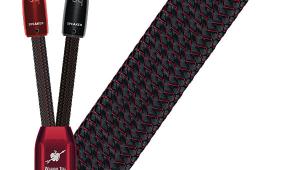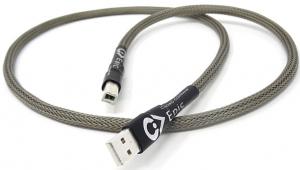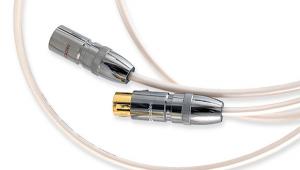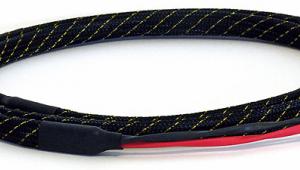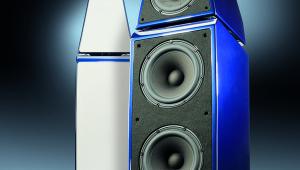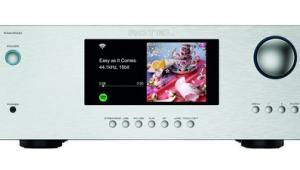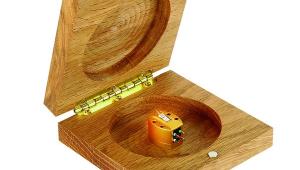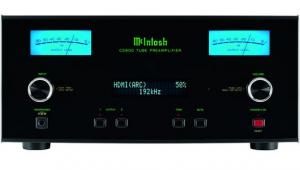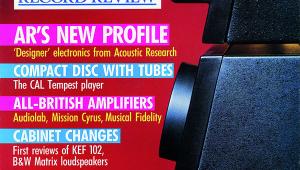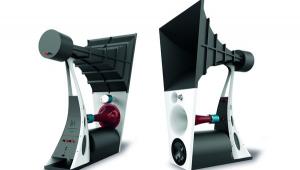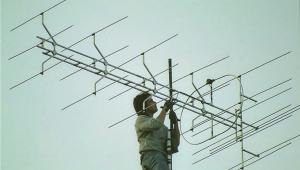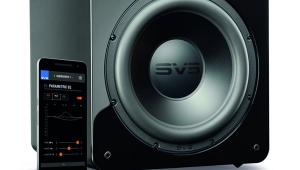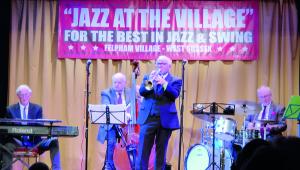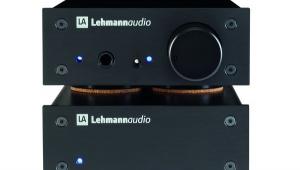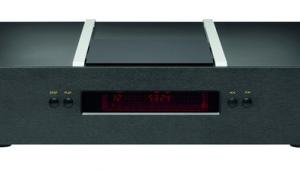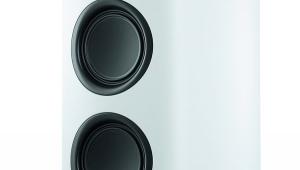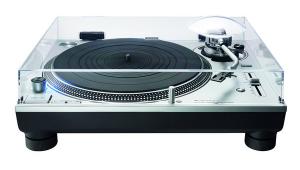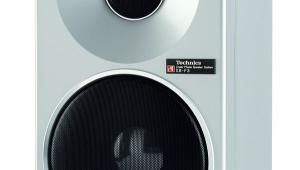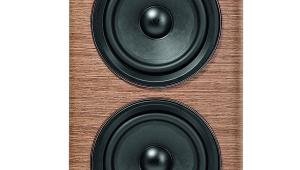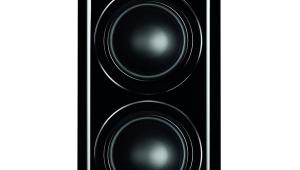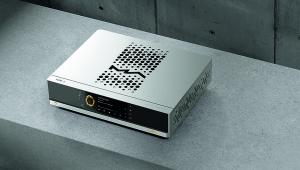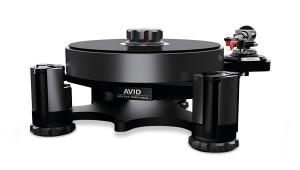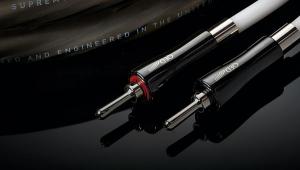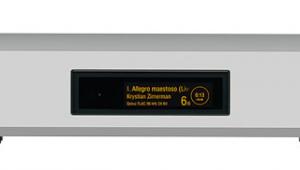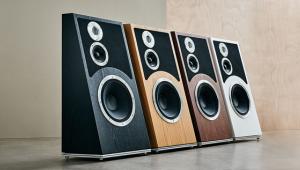PS Audio DirectStream Power Plant P20 Mains Generator Page 2
![]() A Transformation
A Transformation
So I began my listening to the P20 with the sternest challenge I could muster for it: feeding a pre-DR Naim NAP 300 from one of its high-current outlets. The ensuing difficulty was not in hearing differences – they were obvious – but in deciding which presentation was better, and which would likely appeal more to traditional Naim devotees. Inserting the P20 widened the soundstage, added some tonal warmth and made for a weightier, 'easier' listen even at the expense of a little bit of Naim's trademark urgency. The real point here, perhaps, is that there's a genuine debate to be had whereas in the past AC mains regenerators have 'killed' the sound of the NAP 300 too completely for me to countenance their use with it.
The P20's benefit with low-consumption items – I tried it with each link in my headphone listening chain: Chord Qutest [HFN Nov '18], the TC Electronic Impact Twin I use to perform FireWire to S/PDIF conversion, and my beloved Teac HA-501 headphone amplifier [HFN Apr '14] – was as sure-fire as I've ever heard from a mains regenerator. The effect of unplugging the Qutest from the P20 and plugging it directly into the mains was extraordinary – all the more so as I was using it with the iFi Micro iPower that I'd already found improved the sound of the Qutest.
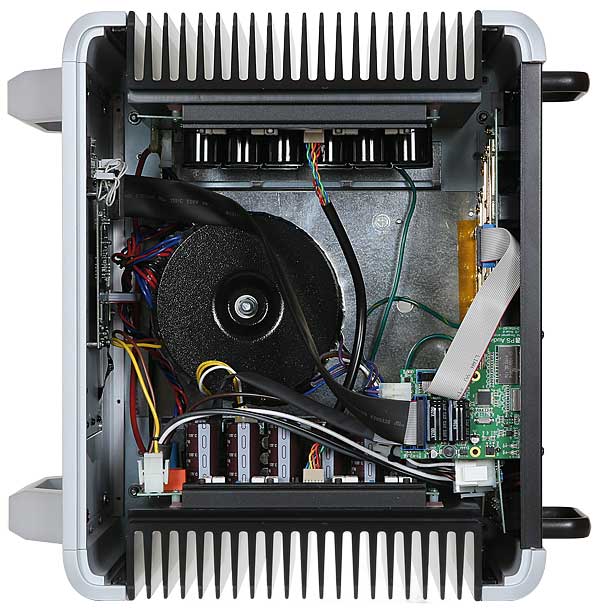
Chris Jones' 'Fender Bender' [Roadhouses & Automobiles; Stockfisch SFR 357.6027.2], a high-energy duel between acoustic and electric bass guitar, provided instantaneous insight into the nature and extent of the changes. Powered from the P20, the energy of this track, and the precision of the playing that generates it, were as persuasively reproduced as I've ever heard over my ageing but ever-lovely Sony MDR-MA900 headphones [HFN Oct '12]. The acoustic guitar sound was crisp and the bass guitar followed its every move like a locked-on SAM.
Dynamically and spatially the sound was 'big'. Whereas powered from the mains, the scale shrank and the energy of the performance diminished. The acoustic guitar sounded veiled and thickened by comparison, and the bass accompaniment blurred and stodgy. Restoring PS Audio's P20 really did elicit a transformation.
The Human Touch
Performing the same comparison with the HA-501 wasn't quite as revelatory but there was no question that it too benefited from the P20's presence, and along similar lines. Plus I discovered that the gains were more marked when the HA-501 was plugged into one of the high-current outlets, which came as a surprise. I grope for the right word to describe the effect but the music became more intimate, more 'human' via the high-current socket – and just more fun. Infectiously so.
In fact 'intimacy' is a good term for what the P20 brought to the party on many recordings, and certainly not just those that are technically immaculate. 'Country Dreamers' from Wings' Band On The Run [a 96kHz/24-bit download] was an example. The best you can hope for with many older recordings is that, whatever their shortcomings, you feel yourself close to the master tape – and the P20 achieved that both on this track and, even more obviously, with 'It Was A Very Good Year', a 192kHz/24-bit rip from Sinatra At The Sands [Reprise 8122 73777-9]. To call the effect magical is not an exaggeration.
PS Audio's MultiWave option, with this set-up, had a noticeable but fairly subtle effect, which makes me think that taste as well as partnering equipment will play a role in the choice of whether or not to use it, and if the former at what 'strength'. I eventually decided that I preferred it, at one step down from maximum. But this was gilding an already beautiful lily.
Hi-Fi News Verdict
Power Plants may not seem the wonderful value they once were but the P20 exceeds its forebears in capability, and in sound quality benefit too. Mains regeneration works most reliably with low-power components but the P20 also makes a persuasive argument for being used with power amps – even ones that have been uncooperative in the past. If you've never heard a Power Plant, the P20 will wow you.
